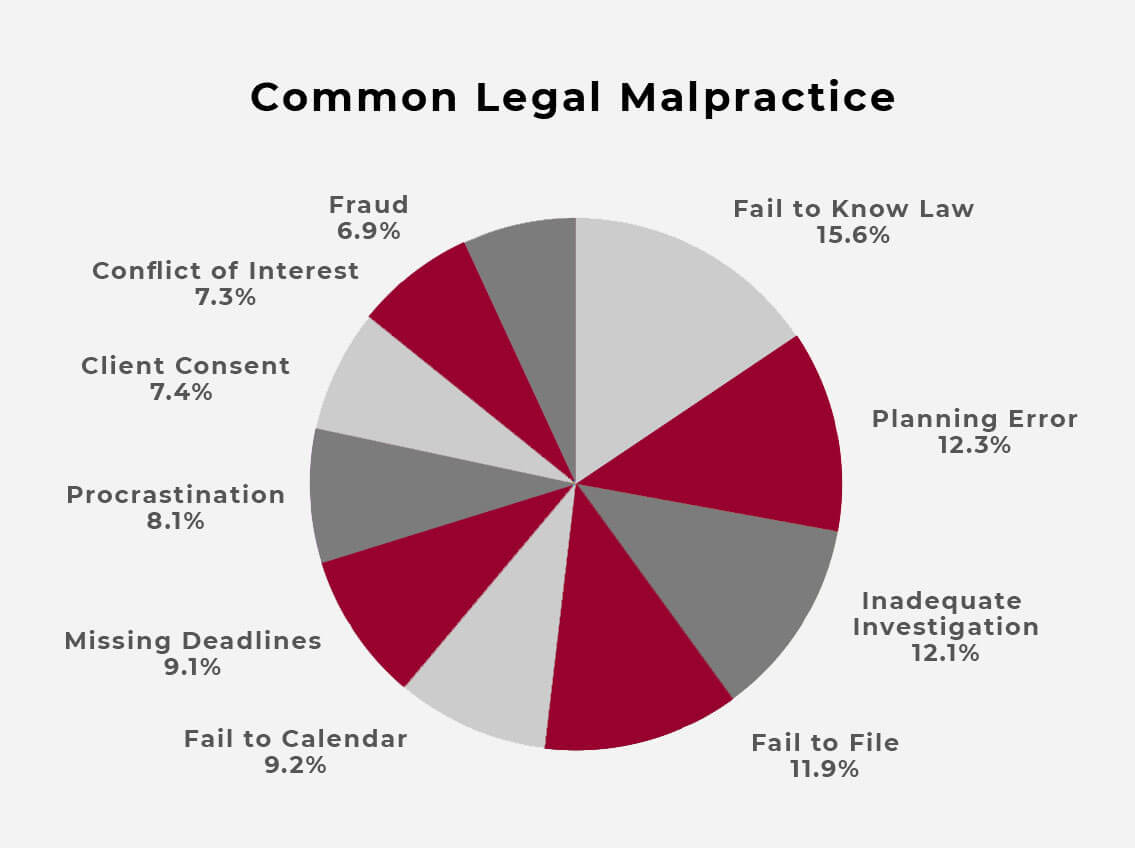Understanding Legal Precedent
Legal precedent forms the cornerstone of the common law system, shaping judicial decisions and legal reasoning. It refers to past court rulings that establish a standard or principle applicable to similar cases in the future. Unraveling the key concepts and applications of legal precedent provides invaluable insight into the dynamics of the legal system.
Foundation of Legal Precedent
At the heart of legal precedent lies the principle of stare decisis, which translates to “let the decision stand.” Stare decisis dictates that courts should adhere to established precedents and make decisions consistent with prior rulings. This principle promotes stability, predictability, and uniformity in the law, fostering confidence in the justice system.
Development of Precedent
Legal precedent evolves over time through a process of cumulative judicial decisions. Each court decision contributes to the body of precedent, shaping the legal landscape and guiding future interpretations of the law. Precedent can originate from various sources, including appellate court decisions, landmark rulings, and statutory interpretations.
Hierarchy of Precedent
In hierarchical legal systems, such as those found in many common law jurisdictions, courts follow a strict hierarchy of precedent. Higher courts, such as appellate courts or supreme courts, set binding precedents that lower courts must follow. Lower courts are bound by decisions of higher courts within the same jurisdiction, ensuring consistency and coherence in legal interpretation.
Application of Precedent
Courts apply legal precedent by analogizing or distinguishing the facts of a current case from those of previous cases. Analogizing involves finding similarities between the current case and established precedents, while distinguishing involves identifying material differences. Through this process, courts determine whether precedent is applicable and persuasive in the present context.
Binding and Persuasive Precedent
Binding precedent refers to legal decisions that must be followed by courts within the same jurisdiction. These decisions are authoritative and binding on lower courts. Persuasive precedent, on the other hand, is not binding but may be considered by courts when deciding similar issues. Persuasive precedent includes decisions from courts in other jurisdictions or obiter dicta from higher courts.
Challenges to Precedent
While legal precedent provides stability and predictability, it is not inflexible. Courts have the authority to overrule or distinguish precedents under certain circumstances. Overruling occurs when a higher court explicitly rejects a previous decision, while distinguishing involves finding significant differences between cases. Additionally, societal changes or evolving legal principles may necessitate revisiting precedent.
Critiques of Precedent
Despite its advantages, legal precedent is not without criticism. Critics argue that adherence to precedent can lead to rigidity and inhibit legal innovation. Moreover, reliance on past decisions may perpetuate outdated or unjust legal standards. Balancing the need for consistency with the imperative for legal evolution remains a perpetual challenge for the judiciary.
Role of Legal Professionals
Legal professionals play a pivotal role in navigating and shaping legal precedent. Attorneys meticulously research and analyze precedent to support their arguments and anticipate judicial decisions. Judges rely on precedent to guide their rulings and maintain consistency in the application of the law. Through strategic advocacy and rigorous interpretation, legal professionals actively contribute to the development and refinement of legal precedent.
Conclusion
Understanding the key concepts and applications of legal precedent is essential for navigating the intricacies of the legal system. By unraveling the foundation, development, and application of precedent, legal professionals can effectively advocate for their clients, ensure equitable outcomes, and uphold the integrity of the law. Read more about Legal precedent





